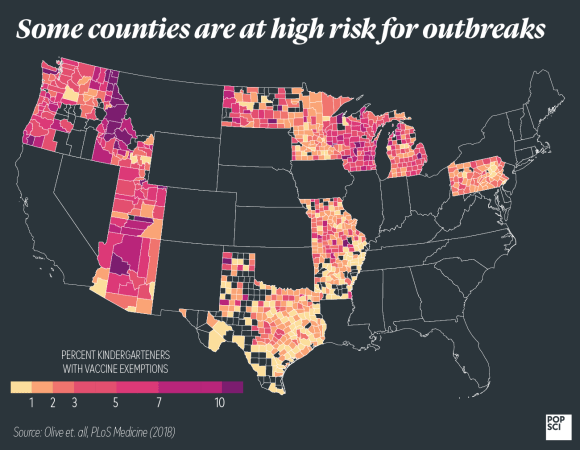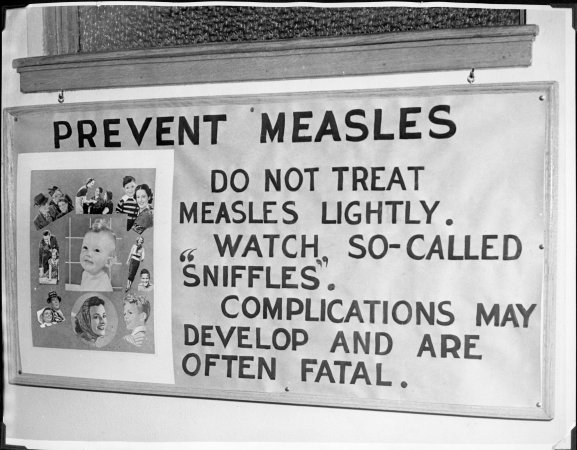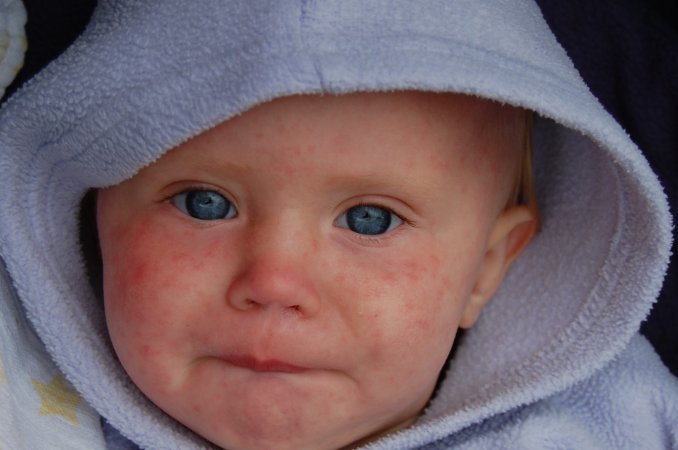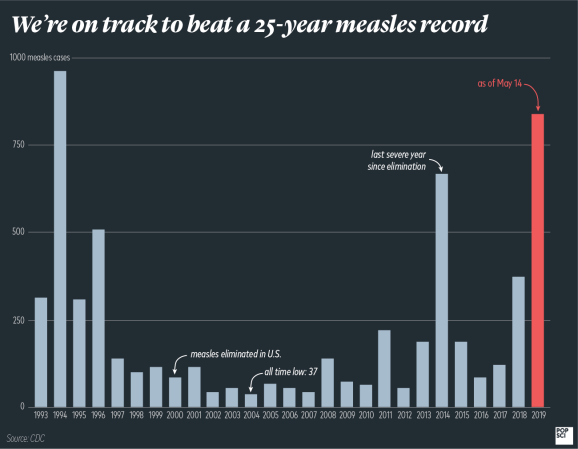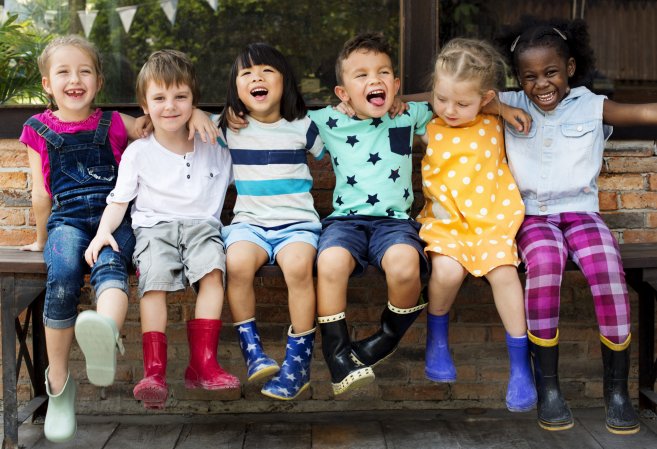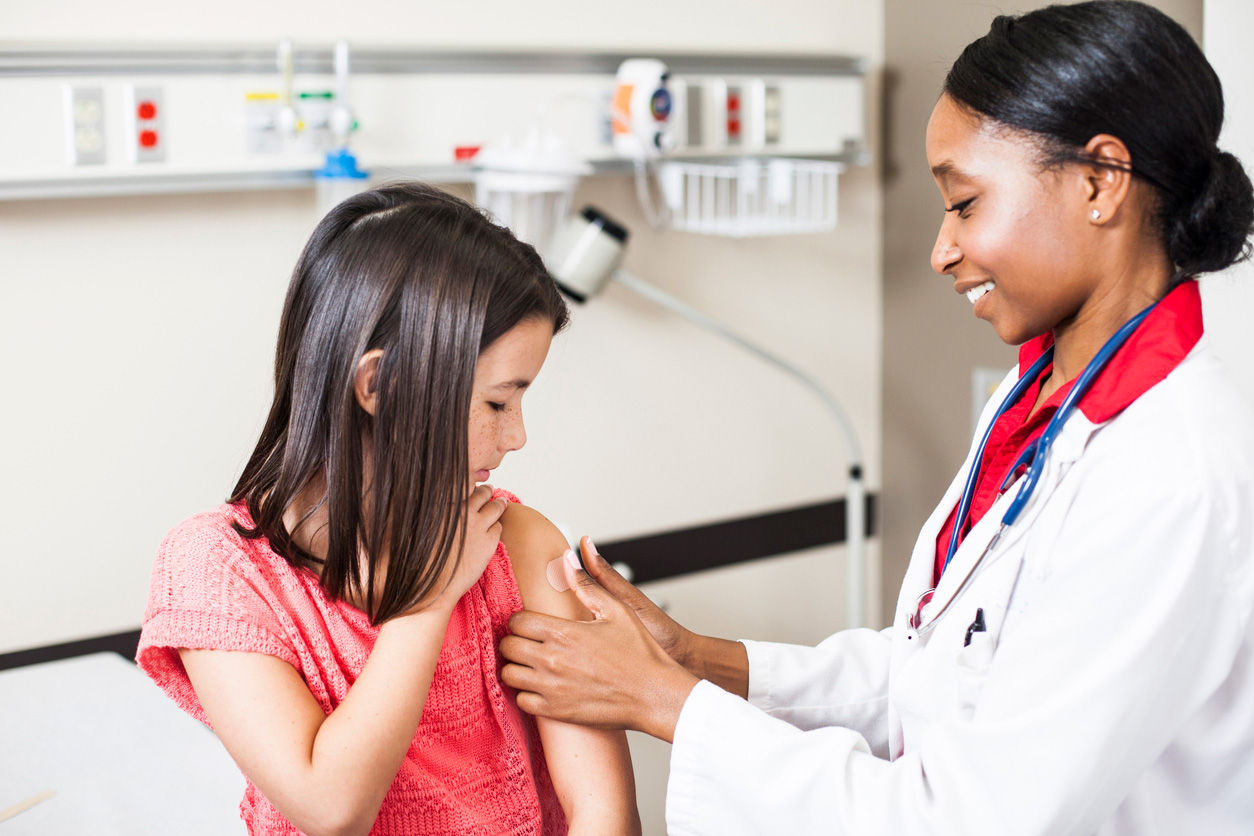

This article was originally published on WorkingMother.com.
With more 700 cases of measles across the United States, this outbreak is the worst the country has faced in decades, according to the Centers for Disease Control and Prevention. There have been cases reported in 22 states, with the largest outbreaks centered in New York and Washington state.
Felice Adler-Shohet, M.D., a pediatric infectious disease specialist at Children’s Hospital of Orange County, chalks up the outbreak up to laws that allow parents to send unvaccinated children to schools, among other issues.
“The outbreak currently happening is the result of a confluence of factors, including growing anti-vaccine messaging and propaganda as well as poor enforcement of vaccine policy with states such as New York allowing vaccine exemptions for religious reasons,” she says. “This is despite the fact that no mainstream religious group prohibits vaccination.”
Since it can be tricky to find expert advice, Working Mother consulted medical professionals to answer some of the biggest questions parents have about the measles outbreak.
1. Should I keep my newborn at home?
It may not be possible to keep your baby at home all of the time, but it is probably best to limit exposure with others. This is especially true since babies can’t receive a measles vaccination until they are at least 1 year old, says Beulette Hooks, M.D., a family physician in Fort Benning, GA, and Chair of the American Academy of Family Physicians’ Commission on Health of the Public and Science.
2. Should I get a shot myself? Will insurance cover it?
The good news is that it is not too late, and physicians suggest you get the shot as soon as possible. “It is a two-shot series with the second shot being at least 28 days after the first shot,” explains Dr. Hooks. “If you are not sure about your status, you can have blood drawn to check your status and if you are not immune, many insurance companies will cover.”
If you were born before 1989, it’s worth checking. Until that year, the CDC only recommended one dose of the vaccine, but according to the agency, a single shot is 93 percent effective, compared to 97 percent for two doses. The CDC also noted some earlier versions of the shot weren’t as effective.
3. Should you ask that your unvaccinated coworker be sent home?
Be careful before making this request. Sean McTigue, M.D., pediatric infectious disease expert at the University of Kentucky, warns this might not be practical or “result in the intended consequence.” Instead, he advises parents to make sure they are vaccinated so that they don’t infect their own children.
4. How do I find out if my child goes to school with unvaccinated children?
Due to the exemptions that some schools have for various reasons, it’s safe to assume there might be at least some unvaccinated children, says Dr. McTigue. It’s also unlikely schools would release names to parents or single out individual children who are exempt.
5. Should you ask your kid’s principal to keep unvaccinated kids home from school?
The problem with doing this, Dr. McTigue points out, is that there are some children who can’t be vaccinated for legitimate medical reasons. “While the measles vaccine is very safe and highly effective, it is a live virus vaccine,” he says. “This means that the vaccine contains an active but highly weakened strain of the measles virus. For this reason, children with highly compromised immune systems—such as those who have had a bone marrow transplant or are on certain medications for conditions, such as cancer or auto-immune disorders, or those with primary immunodeficiency—cannot be vaccinated against measles.” It wouldn’t be fair to exclude these children from getting an education.
6. Where are people most likely to get infected? The playground? Public transit?
The most likely locations are typically enclosed spaces filled with people, like airplanes, movie theaters and school classrooms, Dr. Hooks says. There is also a high risk in places that have a lot of people from different areas, like an airport, Dr. McTigue adds. There is, of course, also higher risk in any part of the country that is currently experiencing an outbreak.
7. What’s the best way to protect myself and my kids?
Both Dr. Hooks and Dr. MicTigue agree that the best and simplest thing you can do is to make sure you and everyone in your family is properly vaccinated.
